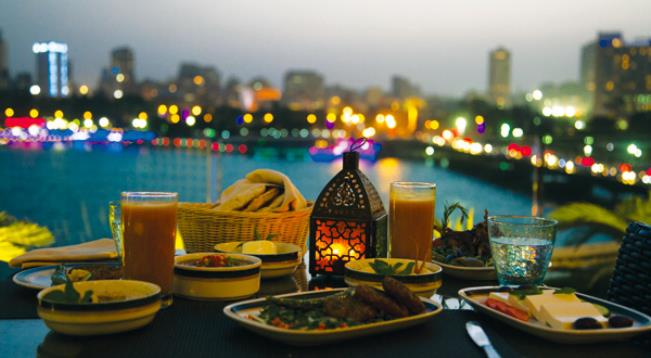As the holy month of Ramadan approaches for Muslims around the world, worries about the impact of COVID-19 have resulted in unprecedented changes to centuries-old traditions. Several governments around the Middle East have announced recommendations to prevent the virus from spreading as Muslims embark on their month of fasting and feasting.
Traditionally, Ramadan features a celebration at the start and conclusion of the month of fasting, and daily “iftar” meals where families come together to break their fast. These celebrations commonly feature repeated trips to the mosque for communal prayers and families travel from far and wide to reconnect.
Ramadan during a pandemic
This year, the governments of several prominent Middle Eastern states have recommended that Muslims perform evening Taraweeh prayers privately, instead of at crowded mosques. Saudi Arabia’s grand mufti announced on Friday, April 18 that the nightly prayers, as well as the Eid-al-Fitr celebrations that conclude the month-long fast, will have to be performed from home instead.
The daily celebration to break the fast after sunset often features large gatherings where iftar meals are shared between friends, neighbors and family. This year, the threat of COVID-19 infection is deemed too great to allow these gatherings. The Egyptian Ministry of Endowments this week announced that all group activities related to Ramadan are suspended.
The Dubai Islamic Affairs and Charitable Activities Department (IACAD) similarly limited all Ramadan gatherings in the UAE as most Middle Eastern nations continue to fight national outbreaks of the novel coronavirus.
Safety recommendations
The WHO has released guidance on recommended measures in order to safely celebrate the Islamic holy month. The document gives advice on social distancing measures, recommends banning all public gatherings, and urges older people and those with pre-existing conditions to celebrate the month away from public gatherings.
Opportunities to give Sadaqat, mandatory charity for the poor, should be done through local authorities instead of at physical gatherings, according to the WHO. Many are urging centralized institutions to facilitate options for Muslims to give much-needed charity to the poor in this difficult time without risking infection.
According to the WHO, fasting itself should not result in heightened susceptibility to the virus, although people who have contracted COVID-19 are recommended to abstain from fasting. Those celebrating Ramadan are advised to eat fresh and unprocessed foods when breaking their fast and ensure proper hydration.
While the coming Ramadan will likely be one like never before, connecting to loved ones through digital media may alleviate loneliness in what is normally a month of physical re-connection and togetherness. While the month will lose some of its most important communal functions, by adhering to recommendations Muslims around the world can protect loved ones so that families can again reconvene in good health after the pandemic has waned.

